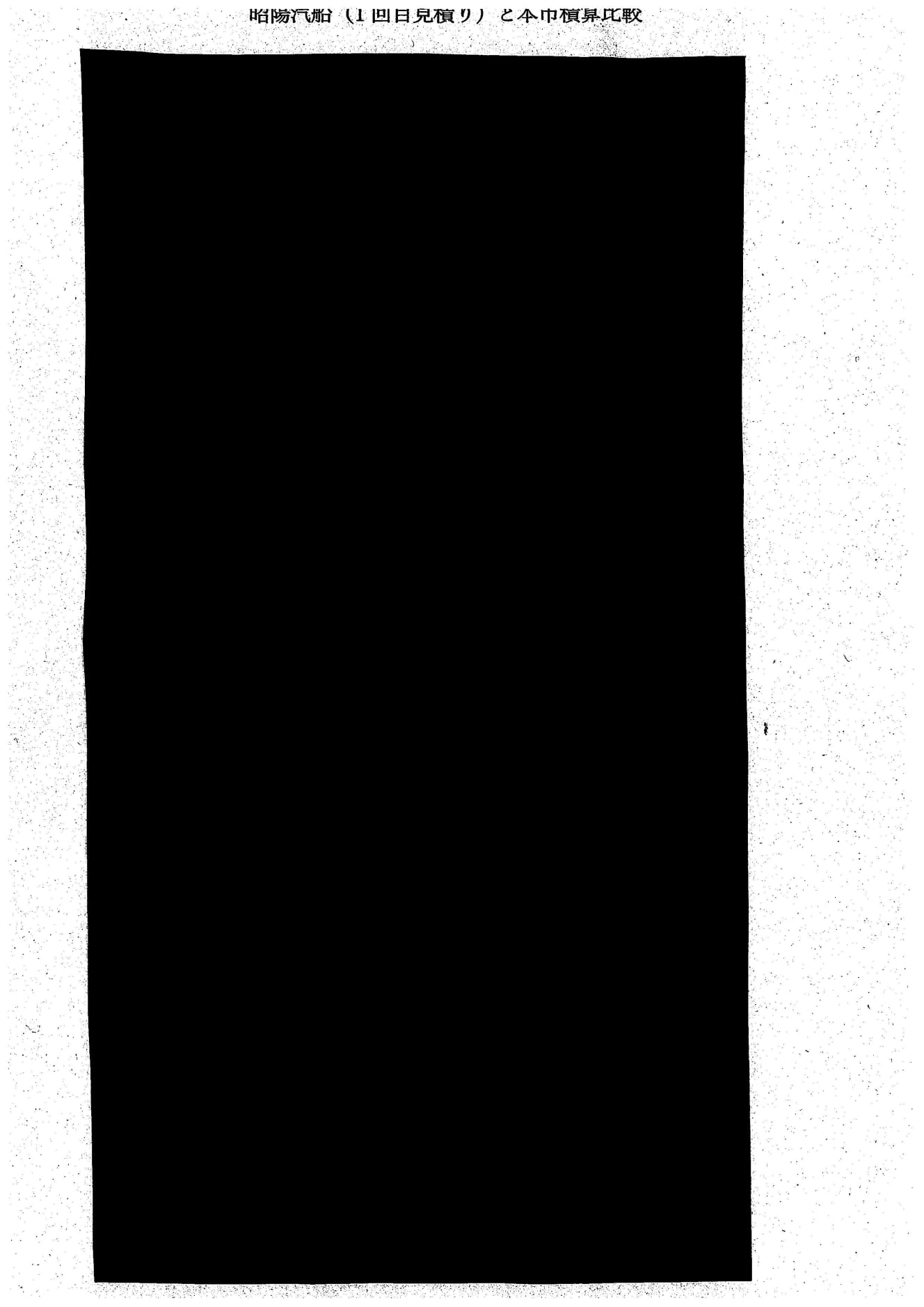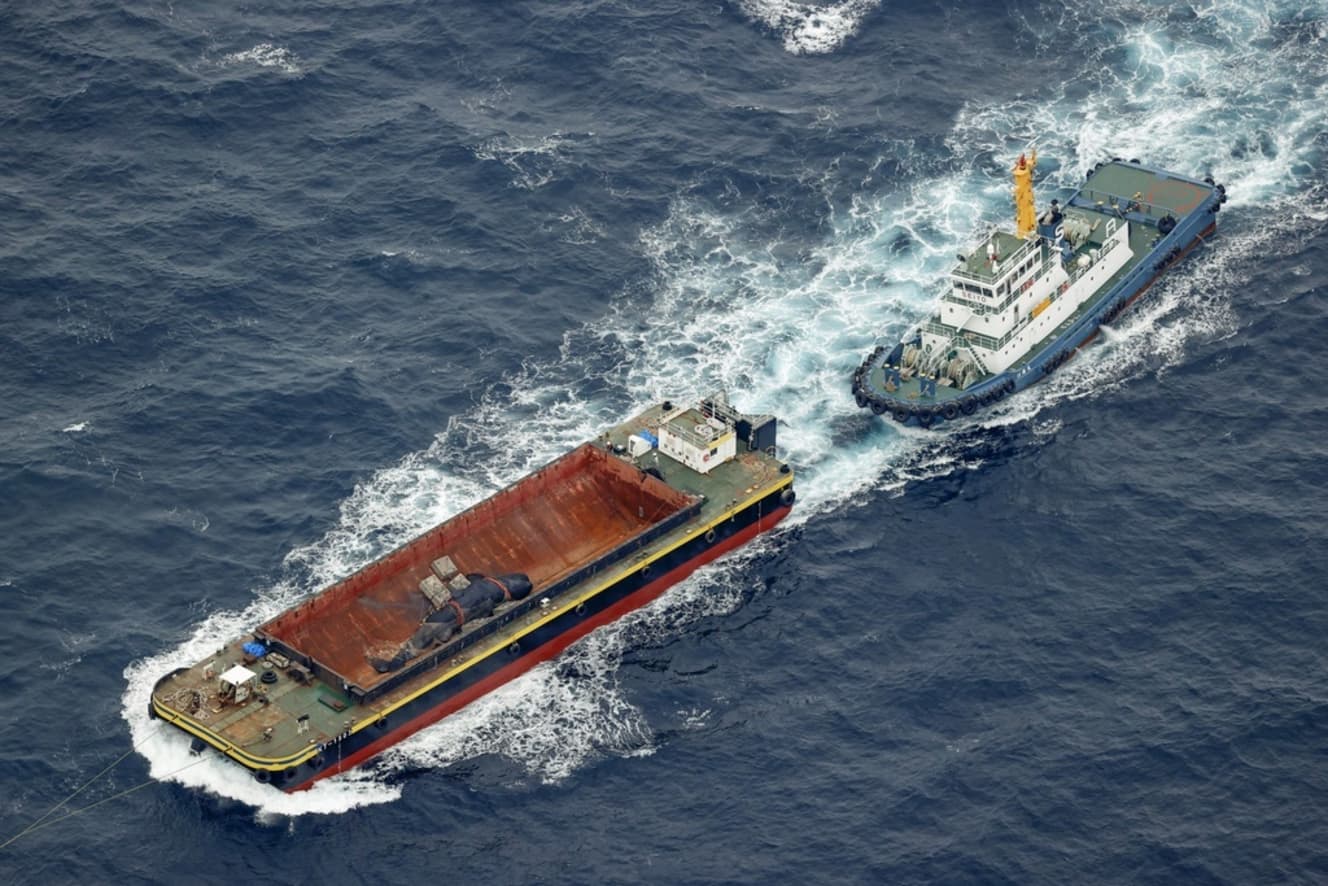Osaka City’s Whale ‘Yodochan’ Disposal Contract Raises Collusion Suspicions with Contractors
“When we requested disclosure of documents regarding Osaka City’s whale disposal, the documents that came out were completely blackened. It was far from normal,” said Yoshimi Ikkaki of the citizen group “Watchman” in Osaka Prefecture.
In a controversy surrounding the disposal of whale carcasses, Osaka City is facing an unprecedented situation with concerns raised from citizen audits and bid monitoring.
It all started with a sperm whale that strayed into Osaka Bay in January ’23.
“Early in the new year, a whale named ‘Yodochan,’ approximately 15 meters long and weighing around 40 tons, was found near the mouth of the Yodo River. It was confirmed dead four days later. The city decided to contract for ¥80.19 million with a commissioned company to sink it in the Kii Channel. However, the initial estimated disposal cost by the city was ¥37.74 million.
It’s common sense to feel it’s odd to pay more than double the initially estimated cost when using public funds. Furthermore, according to lawyers and the city’s investigation results (mentioned later), it was reported that officials unrelated to the department in charge intervened in negotiations to benefit the contractor and that other officials entertained the contractor with meals and alcohol.” (National newspaper social affairs reporter)
Two months instead of the usual two weeks.
In early January this year, Mr. Ikkaki and other citizen groups requested information disclosure from the city to clarify the exchanges between the city hall and the commissioned contractor regarding the whale disposal. However, the disclosure from the city did not progress. Mr. Ikkaki expressed frustration.
“Normally, relevant documents are disclosed within two weeks, but it was repeatedly delayed with requests to wait a little longer. The disclosure finally came in March, two months after the request was made. Moreover, upon reviewing the disclosed documents, many pages were heavily blackened, making it impossible to understand what kind of exchanges took place.”
FRIDAY Digital obtained 157 pages of disclosure from the city, but documents detailing negotiations with the contractor and specifications related to whale disposal agreements between the city and the contractor were also extensively blackened.
When Mr. Ikkaki asked the city about the reason for the blackouts, he reportedly received this kind of response.
“They said they couldn’t disclose it because it contained personal information. Moreover, they gave excuses like (if disclosed) viruses could enter the emails’ to justify why the email addresses of the officials who communicated with the city hall and the contractor regarding whale disposal were blacked out. I thought there must be a significant reason why they can’t disclose it.”
Mr. Ikkaki and others who felt suspicious about the city’s response conducted a citizen audit request procedure in late February. The Osaka City Monitoring Committee, composed of lawyers, publicly released an audit result in late April, concluding that “there are many doubts regarding the contract signing, and there is a high likelihood that the contract procedures were at least unjust.”
In a separate investigation result published by the City’s Bid Monitoring Committee on June 7th, details revealing suspicions about how the contract with the contractor progressed came to light. The former head of the Port Reorganization Division allegedly gave alcohol to a city employee who worked for the contractor after whale disposal. The former head of the Management Reform Division reportedly dined twice with the contractor’s representatives during the contract negotiation period.
Moreover, according to the investigation results, this division head allegedly responded to objections from the city’s responsible division head for whale disposal when the contractor proposed during price negotiation that “cleaning whales can be kept in a black box (regarding costs),” by saying things like “Come on, cut it out” to try to bring the contractor’s estimate closer.
“Incurred costs only represent interim expenses.”
In late May, Mr. Ikkaki and others filed a citizen lawsuit against Mayor Hidetoshi Yokoyama of Osaka City, demanding approximately ¥80 million in damages from three city employees involved in the contract signing and the commissioned contractor.
“During the time of whale disposal, the mayor was Mr. Ichiro Matsui. There are talks that the city may have shown favoritism by becoming too close with the contractor. Currently, we are also filing a review request to the city to inquire about the reasons for the blacked-out disclosed documents. Moreover, to prevent the same thing from happening again, we need to investigate thoroughly,” said Mr. Ikkaki.
Regarding the scrutiny surrounding numerous suspicions, Osaka City responded as follows:
“We have thoroughly examined the disposal costs for safely and promptly relocating the deteriorating whale, which involved specialized operations. The discrepancy of more than double the contractor’s estimate was due to the interim expenses incurred at that time to receive subsidies from the Fisheries Agency.
Employees involved in the contract procedures are prohibited from dining with contractors to avoid suspicions of collusion, but we recognize this as an instance where that prohibition was violated. The biggest challenge lies in fulfilling our responsibility to explain to the citizens, and in this regard, we cannot deny the negligence of the Port Authority.” (Port Authority)
Former Akashi City Mayor, Mr. Fumiho Izumi, criticizes the handling of Osaka City.
“It’s natural to think there was a reasonable basis for the ¥30 million initially proposed by the city, and it’s shameful to claim there were no standards. It seems that the amount changed due to pressure to secure a contract exceeding ¥80 million. Mayor Yokoyama appears to be overly cautious about the former mayor, but this is a situation where a firm investigation should be conducted to clarify what happened. It leaves an impression of unbelievable events occurring in Osaka City.”
In response to the publication of the Bid Monitoring Committee’s investigation results, Mayor Yokoyama announced that external audit specialists would be commissioned to examine the validity of the contract amount and other aspects. The controversy seems likely to continue for some time.





Interview and text by: Masayoshi Katayama
Journalist
PHOTO: Kyodo News
